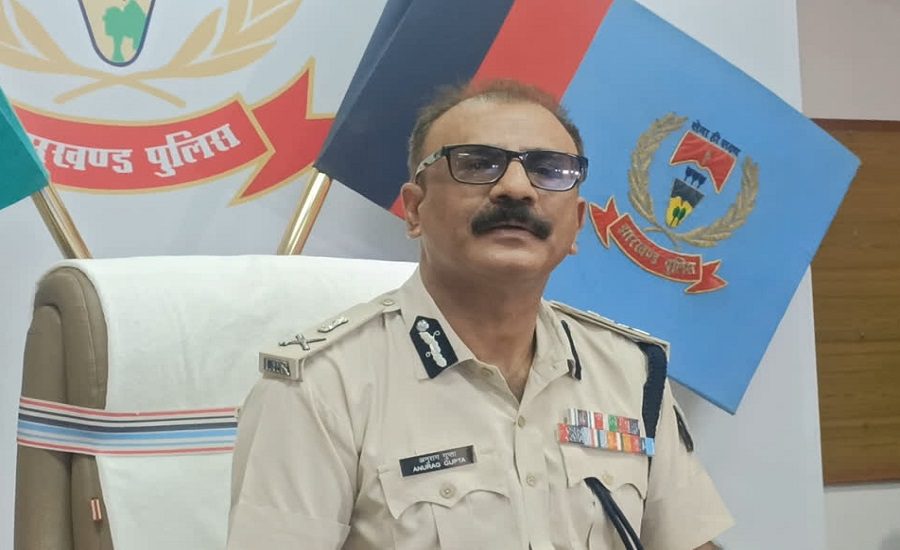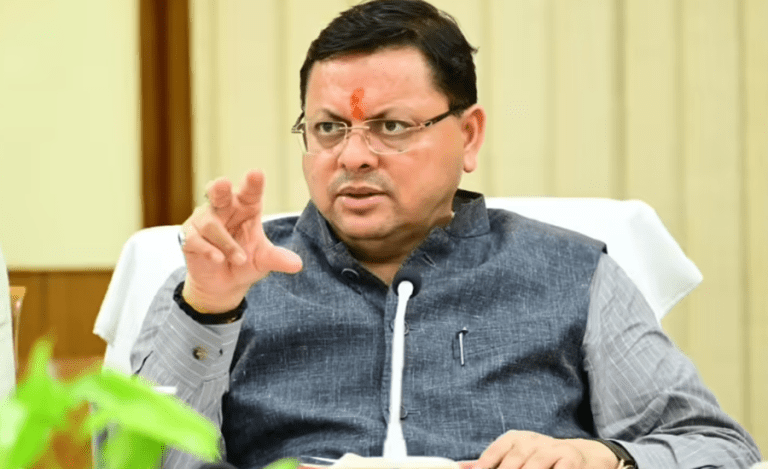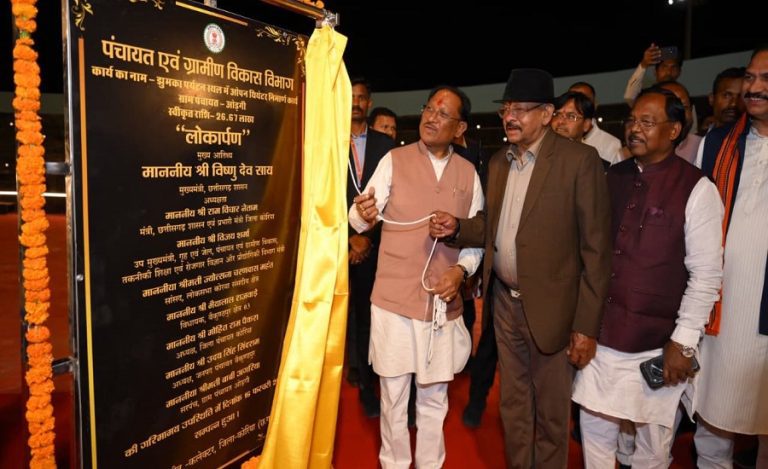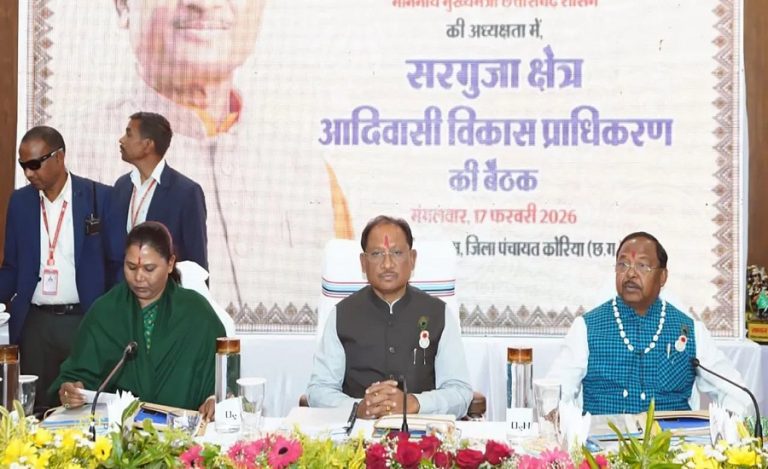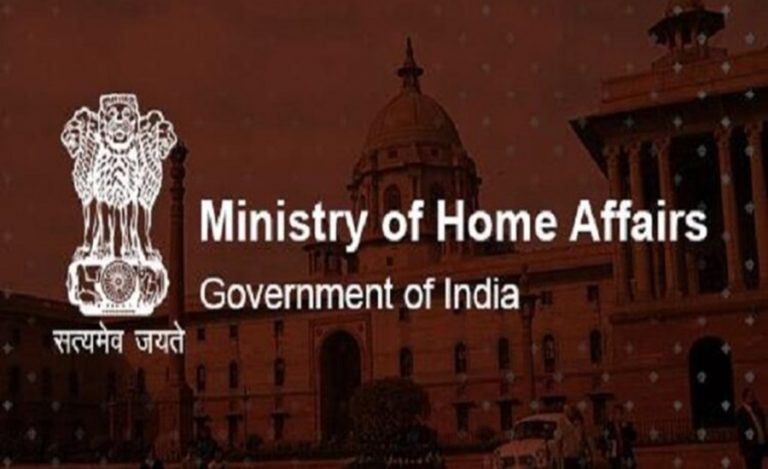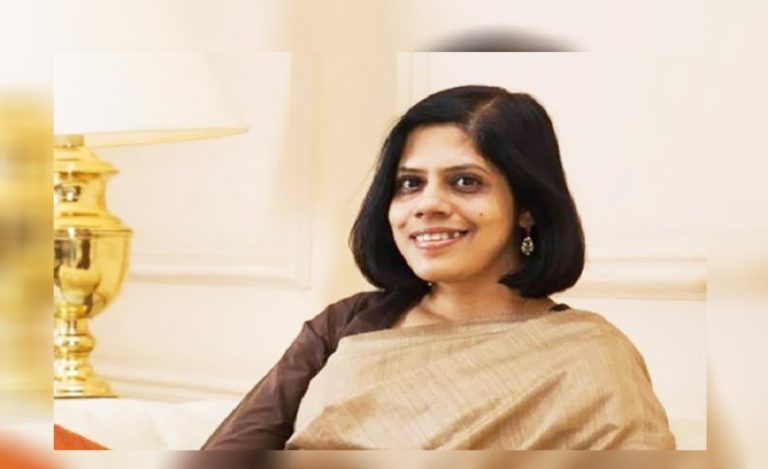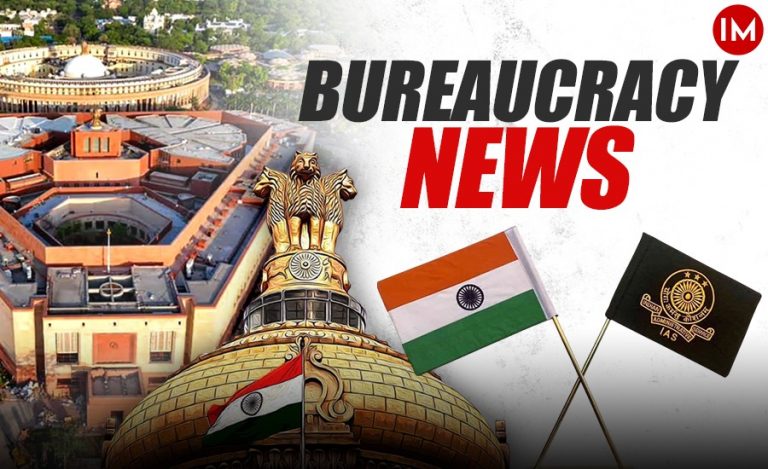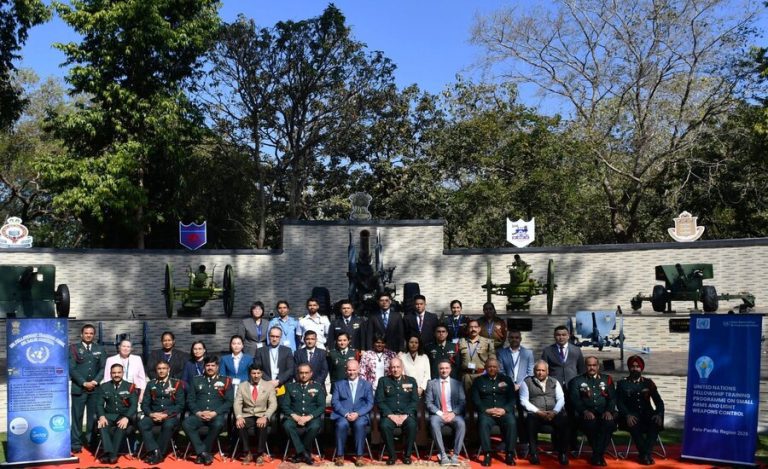Ranchi, Jharkhand: A fierce tug-of-war has erupted between the Central government and the Jharkhand state administration over the controversial extension granted to Anurag Gupta, an IPS officer of 1990 batch from Jharkhand cadre, as the Director General of Police (DGP), despite his official retirement on April 30, 2025.
The Union Home Ministry has reiterated its firm opposition to the state government’s move, stating unequivocally that Gupta’s retention post-retirement is “illegal” and in direct violation of service rules governing All India Services.
According to government sources, the Centre has rejected Jharkhand’s justification for retaining Gupta, asserting that he officially superannuated on April 30 and no extension of service has been approved by the central government.
The Union Home Ministry had earlier communicated its stance in a formal letter dated April 22 to the Chief Secretary of Jharkhand, underscoring that any such extension without central approval was procedurally and legally untenable.
Centre Deems Retention a Violation of Service Rules
The Centre’s position is grounded in the established rules of the All India Services and the Government Service Act, which it claims prohibit the extension of tenure beyond the retirement date without explicit sanction. Furthermore, the Home Ministry has argued that continuing Gupta in the role violates Supreme Court rulings meant to standardize appointments and tenure across states.
“This extension not only contravenes service norms but also undermines the authority of rules laid out for police leadership across the country,” a senior Home Ministry official said.
Read Also: Centre-State Standoff: Jharkhand Defies MHA Order, Retains Anurag Gupta as DGP – What Lies Ahead?
State Counters with Legal Grounds and SC Mandate
In a strongly worded response, the Hemant Soren-led Jharkhand government defended its decision, emphasizing that the appointment and retention of Gupta were in compliance with Supreme Court guidelines, which call for a fixed two-year term for DGPs to ensure administrative stability and independence in policing.
According to state government sources, the appointment was made following revised state-specific rules, modeled after similar frameworks used in states such as Uttar Pradesh, West Bengal, Telangana, Andhra Pradesh, and Punjab. The state cited the recommendation of a high-level committee, chaired by a retired judge, which selected Gupta based on merit and seniority.
Officials further stated that the state’s reply to the Centre was framed after thorough legal consultation and was intended to address all concerns raised in the Union Home Ministry’s directive.
Legal Showdown Looms
The conflict now appears poised to escalate into a full-blown legal and administrative confrontation. The Jharkhand government has declined to comply with the Centre’s directive to relieve Gupta, maintaining that the extension is lawful and in line with constitutional and judicial provisions governing police appointments.
While the Centre insists that Gupta’s term ended definitively on April 30, the state is pushing to keep him in office until April 2027, completing what it believes is a constitutionally mandated fixed tenure.
This ongoing impasse not only raises questions about federal coordination but also exposes the complexities in interpreting Supreme Court rulings on police reforms vis-à-vis central service rules.
What Lies Ahead
As both sides remain firm on their positions, legal experts suggest that the matter may soon reach the judiciary for final resolution. Until then, the uncertainty over Jharkhand’s top police post continues, with Anurag Gupta caught at the center of a constitutional and bureaucratic face-off.

